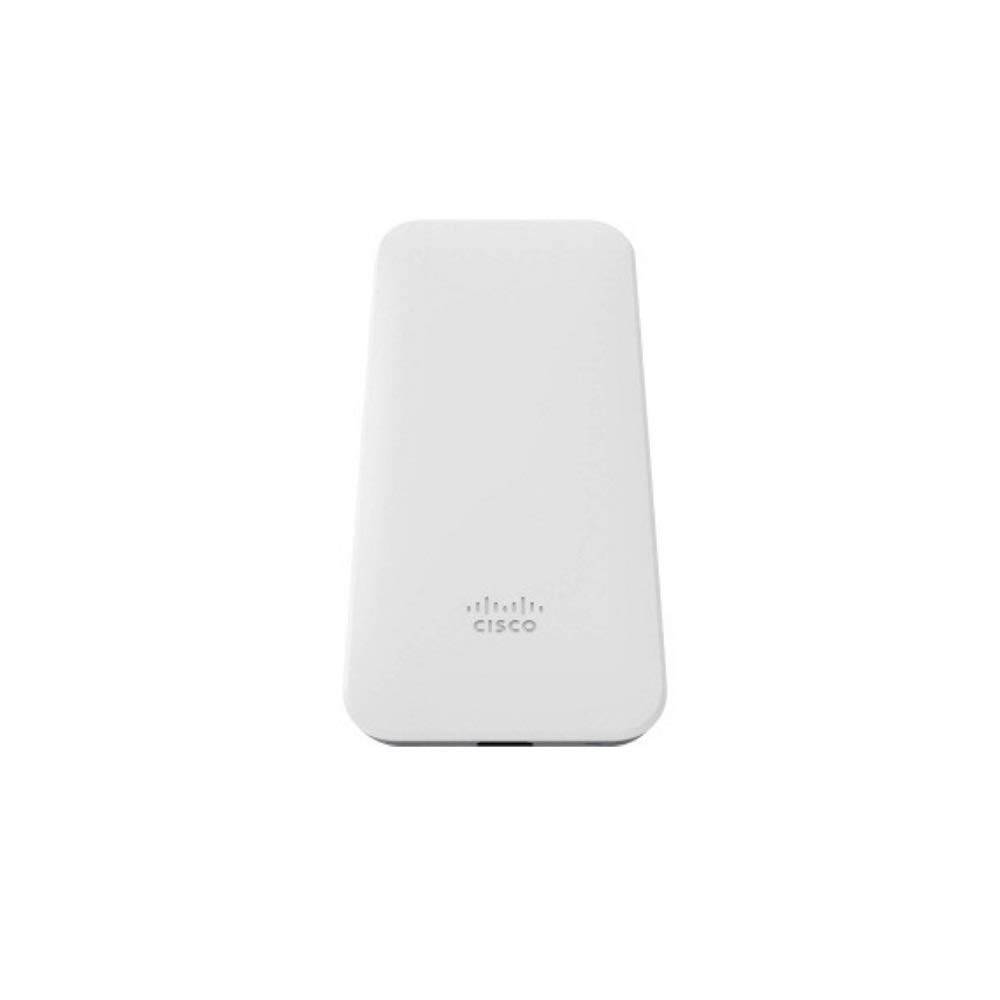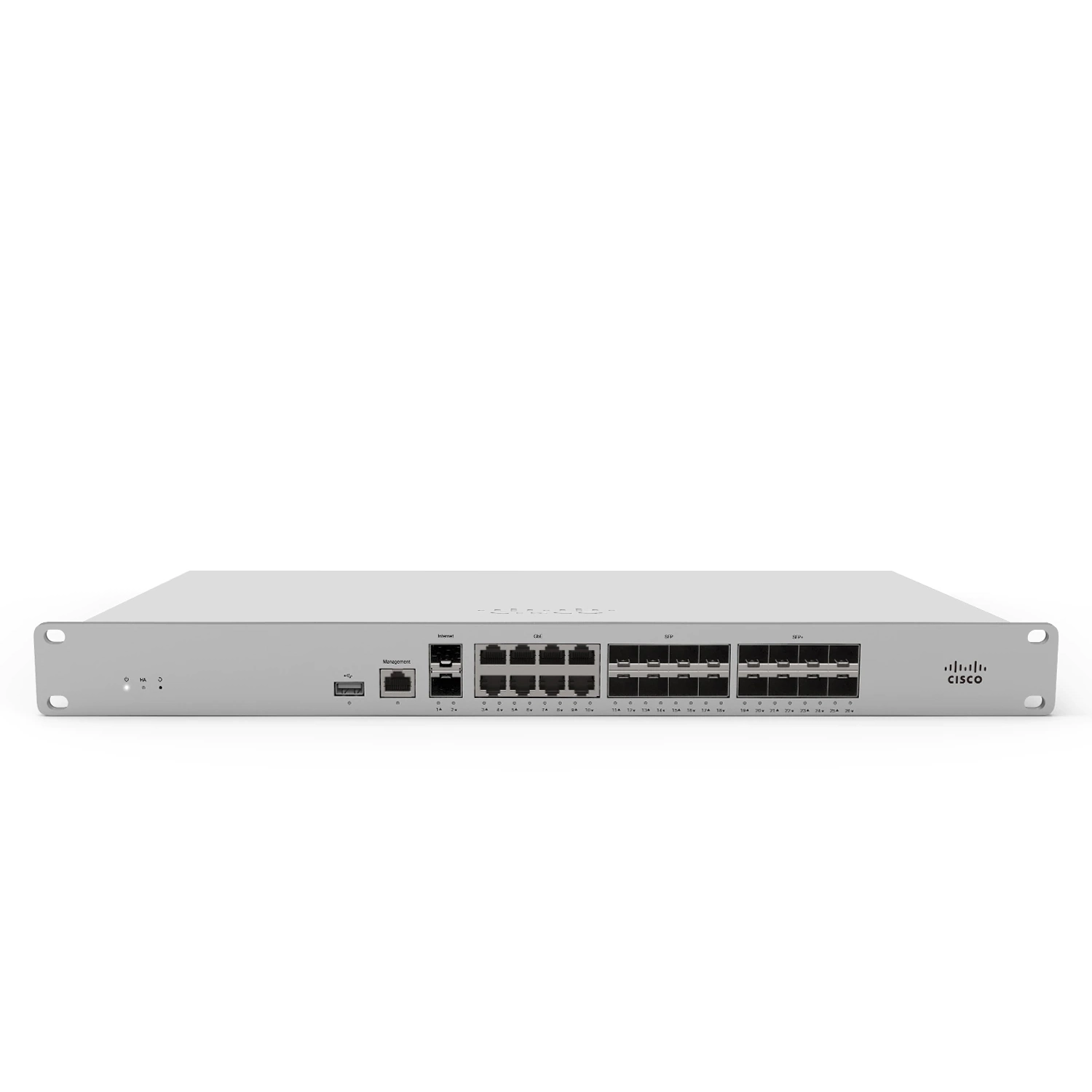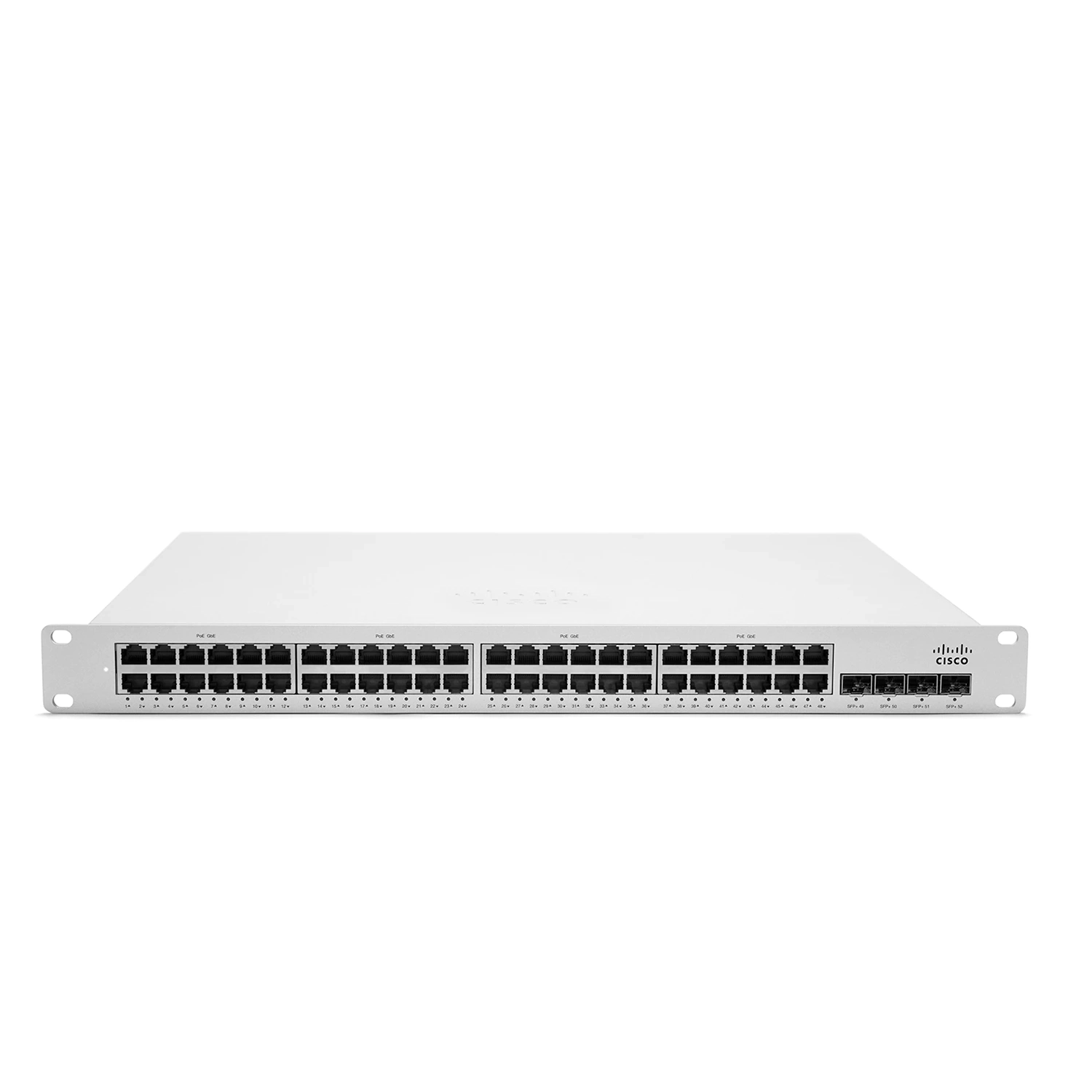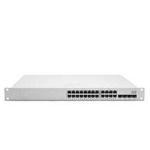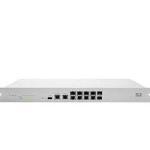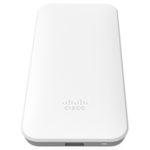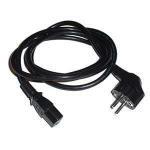Meraki Enables College Esports Connectivity

Ottawa University (OU) outfitted a 117-year old theater with Cisco’s Meraki cloud-managed platform to power its esports program. The deployment has to walk the line between supporting the program’s security needs while also providing the broad networking access required to support bandwidth-intensive esports competitions.
The “esports tournament-ready” arena equipment took 20 hours to install and can support up to 200 devices connected at peak hours. OU CTO Adam Caylor said the Meraki platform allows the school to segment its esports network from on-campus networks used by university administrators and students, which is significant due to the unique requirements of a network used for online gaming.
Popular esports titles like “League of Legends” and “Rocket League” connect to a centralized server, while others like “Call of Duty” require “peer-to-peer communication, so you need to get a little more creative with the networking and the network address translations to make those connections happen,” Caylor explained.
Game updates also don’t always function correctly, which means the OU team has to work to communicate with the game developer in case any significant changes happen.
In both cases, the cloud-based Meraki platform provides “an ease of use and ease of management” so that the esports team can build its network around the requirements of each game or competition without impacting other university networks, Caylor said.
While the Meraki infrastructure supports wireless connectivity, Caylor said wired connections are the most important element to building out esports infrastructure.
“You can certainly game over Wi-Fi. But in this competitive environment, in this atmosphere, it’s really important that we have the least amount of ping and latency as possible, along with faster speeds,” he told SDxCentral. “And that can only really be achieved by using a wired network infrastructure.”
Other colleges have made similar investments into their network infrastructure.
The University of Michigan-Flint’s esports team uses a Juniper Networks platform, and Aruba Networks offers an Esports for Education Solution, calling the space a rapidly growing billion-dollar industry.
Esports Security Requirements
Caylor also pointed out that a network used for gaming has to be “a little more open with some firewall rules.”
“It’s important for us that we have segmentation between those networks because, well, that’s perfect for the esports environment,” he said. “That type of port forwarding and that type of firewall layout does not work from a security standpoint, from our admin environment.”
However, the OU esports team still has to stop distributed denial of service (DDoS) attacks or any kind of “brute-force attack” that would cause the game to not function correctly, or the network to fail in general, even for that one segment.
“So security is still extremely important,” Caylor said, adding that Cisco helps “with the back end” of security and OU’s esports team’s work in designing its own network “broadens the flexibility that we can have to dive into that and really segment that out correctly.”

